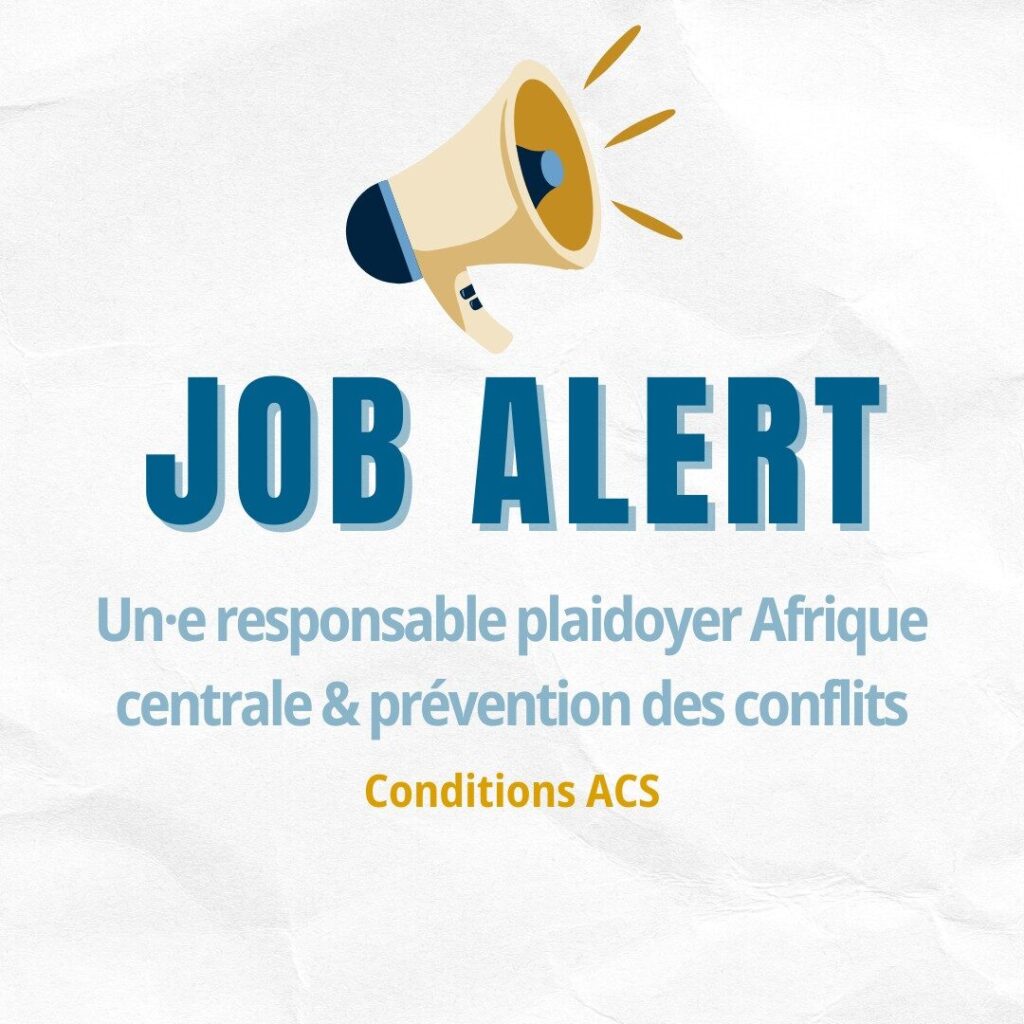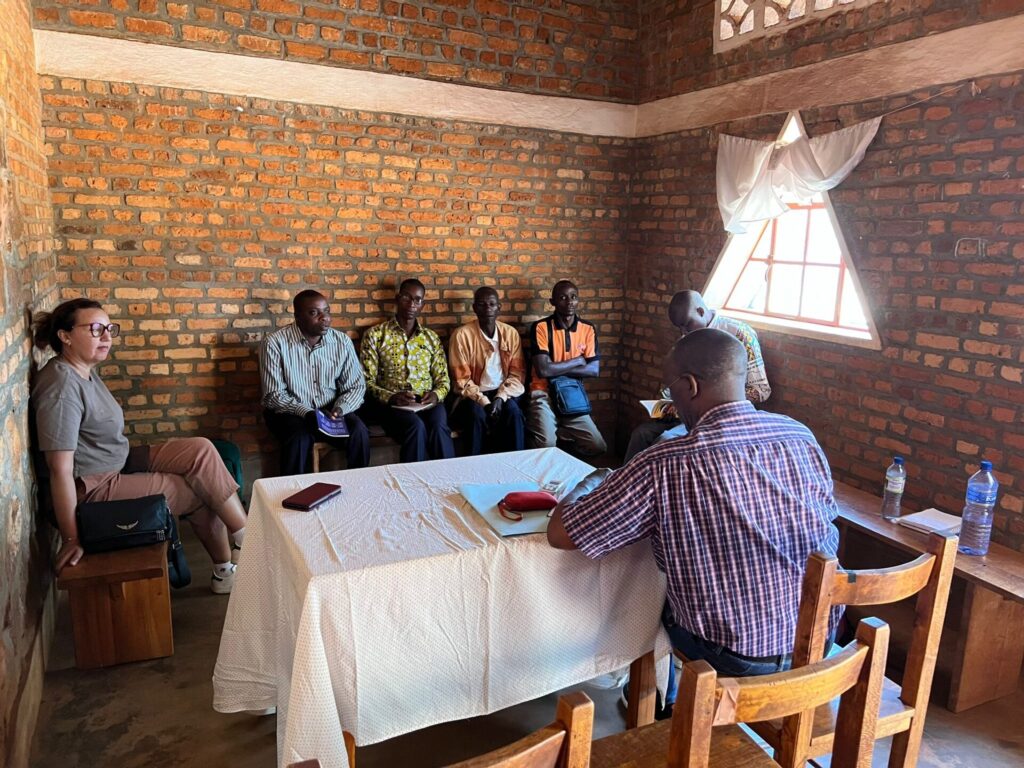An educational tool on reconciliation and post-conflict memory work
Lors d’un conflit, différentes parties s’opposent. Après le conflit, ce sont les mémoires qui se déchirent. À côté des vérités dites « historiques » se déploient, au cœur de chaque société, des vérités et vécus plus subjectifs et aux contours moins fixes. Cet outil permettra d’aborder le travail de mémoire post-conflit à l’école, sous l’angle de la colonisation belge en RD Congo.
Taking into account this question of memory is fundamental in post-war contexts or after crimes committed because this makes it possible to initiate reconciliation between the parties and, more generally, to move towards lasting living together. Memory is therefore intimately linked to society, just as the work of memory is to democracy.

Working on Belgian decolonization and/or the Spanish Civil War
This educational file includes two parts but can be approached in a modular way.
The theoretical part, on the one hand, takes up the evolution of scientific theories on questions of reconciliation, illustrated by concrete examples. The practical section, on the other hand, presents two case studies: the case of the Spanish War and of Belgian decolonization. The major innovation of this revised tool compared to 2014 lies in the second practical case discussed. By offering reading keys to students, the ambition of this tool is not only to be able to avoid sterile polarizations but also to be able to look at a common past to better build a future together.
What are the objectives of these tools?
This present project aims to revisit an educational tool from Justice & Peace first published in 2014. While it is essential to study the historical aspect of the facts, this tool aims to underline the importance of also addressing the experience and memory linked to events. We wish to give young people the necessary tools to understand what the plurality of memories is, as well as the issues and the importance of memory work as an essential component of peace and the coexistence of societies.
À qui s’adresse cet outil ?
This file is mainly aimed to upper secondary teachers désireux·ses de travailler la transmission de la mémoire avec leur groupe classe, grâce à un outil « clé sur porte », permettant à l’enseignant·e d’aborder la matière en toute autonomie dans sa classe. Ce dossier s’adresse également au personnes qui travaillent in the socio-cultural field, in supervision, training or animation with young people, as well as anyone curious to deepen their civic engagement and learn more about the world around them. Educational activities as well as theoretical concepts are accessible from 15 years old.
Caractéristiques de l’outil sur le travail de mémoire
Pages : 50
Modular : 1 partie théorique, une partie “étude de cas” sur la guerre civile espagnole, une partie “étude de cas” sur la colonisation belge en RD Congo
Price : 10 €
Année d’édition : 2023 (réédition d’un outil de 2014)
Format “clé sur porte”, cet outil est complet
Annexes available this way

Commandez l’outil dès maintenant !
What is the link with school programs?
This educational file allows you to address the concepts of democracy and colonization in history teaching. Furthermore, it is part of the terminal skills in History thanks to the mobilization of attitudes and know-how such as being informed, and demonstrating critical thinking in order to enable action. It also makes it possible to address the constituent elements of a decolonization process. The latter will adapt perfectly to the new programs (from 2027) for history, humanities, social sciences, morality and religion courses. It is therefore a durable tool, which can be reused widely throughout the Wallonia-Brussels Federation.
This file also allows us to work on education in Philosophy and Citizenship through the concepts of freedom and responsibility that it allows us to address as well as the process of democratic discussion (UAA 3.1.5) and questions of justice ( UAA 3.2.4.) which he questions.
Download or view the annexes
Appendix 1 – Democratic debate (Announce the color)
Appendix 2 – Managing emotions (Announce the color)
Appendix 3 – Diego’s story (student version)
Appendix 4 – Laura’s story (student version)
Annexe 5 – Grille d’analyse (version élève)
Appendix 6 – Diego’s story (teacher version)
Appendix 7 – Laura’s story (teacher version)
Annexe 8 – Grille d’analyse (version prof)
Are you interested in our educational news?





